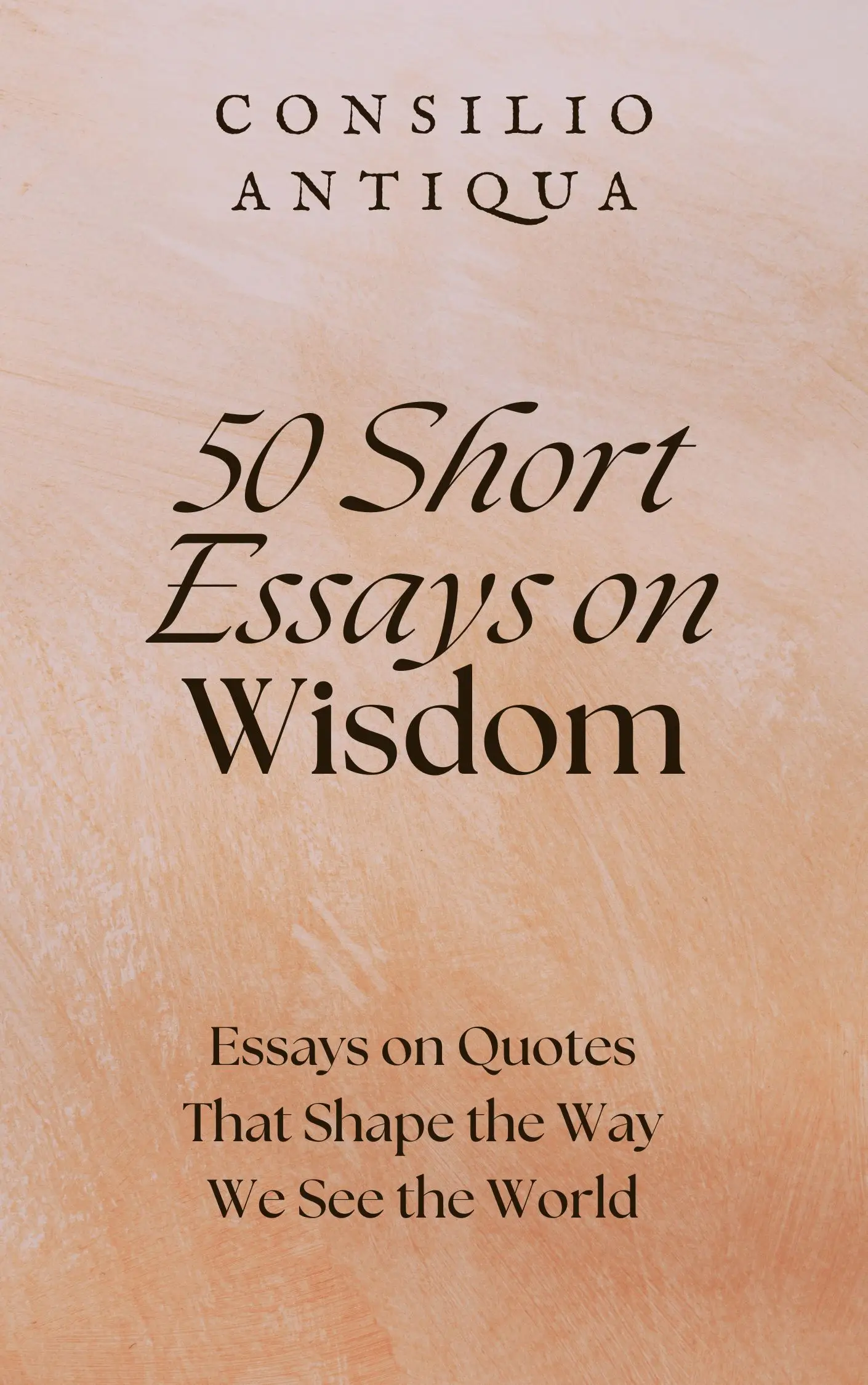
50 Short Essays on Wisdom | The Dawn Chorus
The Dawn Chorus
"The early bird gets the worm." - William Camden
The chirping of crickets fades, replaced by the first tentative notes of a robin's song. A gentle breeze whispers through the leaves, carrying the scent of dew-kissed earth. This is the hour the proverb speaks of: the time when the early bird, alert and awake, secures its reward. "The early bird gets the worm" – a simple saying, yet one that holds within it a profound truth about diligence, preparedness, and the art of seizing opportunity. This essay will explore the enduring wisdom of this proverb, tracing its historical roots and examining its relevance in the complexities of modern life.
The exact origin of the proverb is shrouded in the mists of time, its essence echoing across cultures and centuries. While William Camden is often credited with its popularization, similar sentiments appear in earlier writings, suggesting a deep-seated human understanding of the rewards of early rising and proactive effort. In agrarian societies, the early hours often dictated the success of the day's work, from planting to harvesting. The "worm" represented not just sustenance, but also the fruits of labor, the tangible reward for diligent effort. The proverb served as a practical lesson, a simple yet effective guide to prosperity.
At its heart, the proverb speaks to the importance of proactive behavior. It's not merely about waking early; it's about being prepared, anticipating needs, and seizing opportunities before they are snatched away by others. The "worm" symbolizes the limited resources, the fleeting chances, the precious moments that reward those who are ready to act. This wisdom transcends the literal; it speaks to the value of foresight, planning, and the willingness to put in the effort before others do. Its enduring appeal lies in its universal applicability – a timeless truth relevant across generations and cultures.
In today's competitive world, the "worm" takes on many forms. It might be the coveted promotion, the successful business venture, the fulfilling relationship, or simply a moment of quiet reflection before the day's demands engulf us. Consider the entrepreneur who works tirelessly before competitors enter the market, or the student who diligently studies, securing a place at their dream university. The "early bird" mentality is not about sacrificing rest or neglecting self-care; it's about strategic planning, effective time management, and a proactive approach to life's challenges. However, the modern world presents complexities. The relentless pressure to achieve can lead to burnout, and the pursuit of the "worm" can sometimes overshadow the importance of balance and well-being.
The proverb invites us to examine our own habits and attitudes towards opportunity. Do we actively seek out chances, or do we passively wait for them to come to us? Are we prepared to seize the moment when it arrives, or are we caught off guard, unprepared for the demands it presents? The path to success, whether personal or professional, often involves a blend of strategic planning and intuitive action. The "early bird" mindset encourages us to cultivate both, to be both proactive and adaptable, to embrace the challenges and rewards of a life lived with intention. What "worms" are you striving for? What preparations are you making to secure them?
The simple image of the early bird and its reward resonates deeply because it speaks to a fundamental human desire: the desire to achieve, to succeed, to make our mark on the world. "The early bird gets the worm" is not a guarantee of success, but a reminder of the importance of diligence, preparedness, and the willingness to seize opportunities when they arise. It's a call to action, a gentle nudge towards a more proactive, intentional life. But what if the worm is not what we truly desire? What if the dawn chorus sings a different song, leading us to a different, perhaps unexpected, reward?
